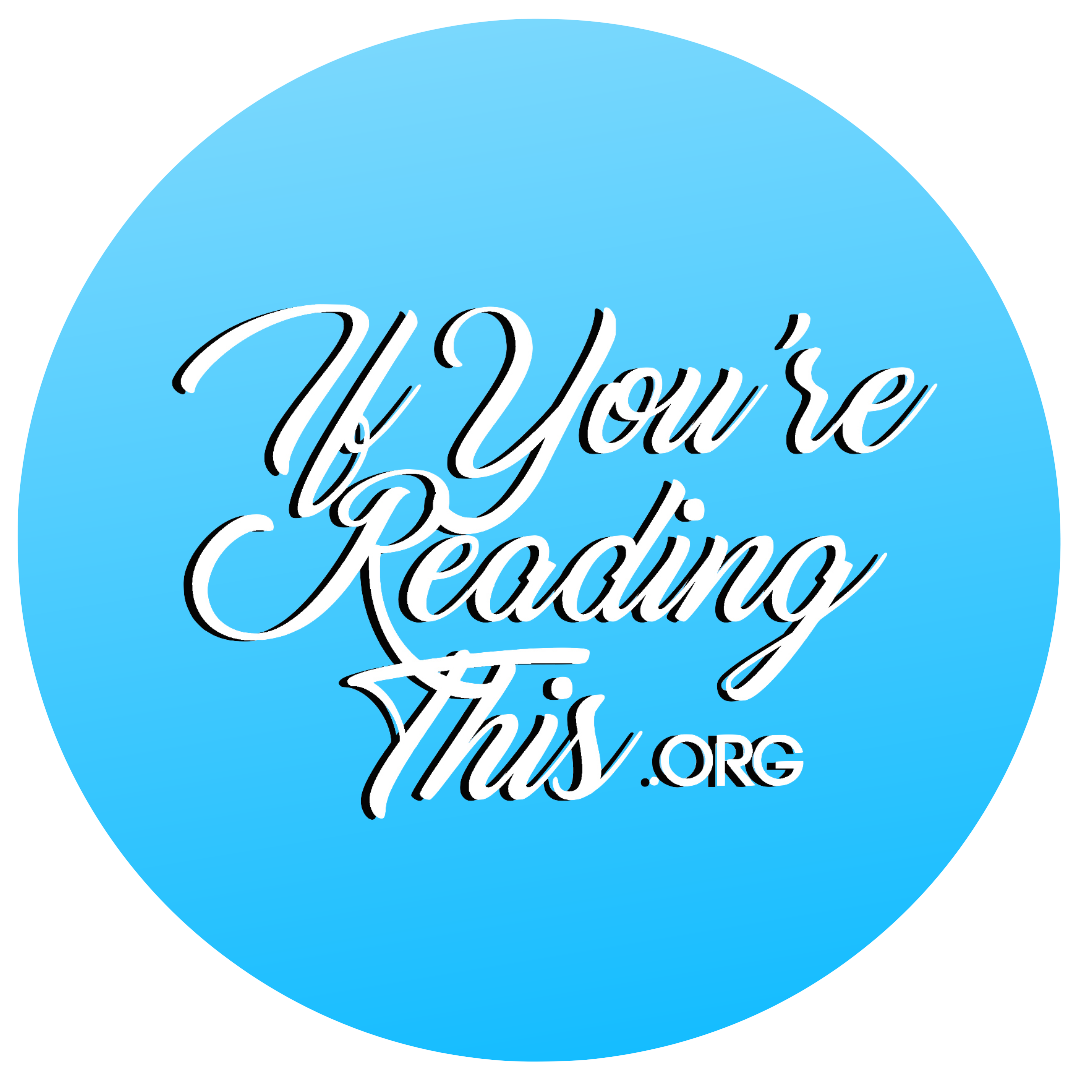Peer Health Educators X IfYoureReadingThis.org
If you’re reading this, I want to hear your story.
Transferring to UVA in the fall of 2017 was the hardest and best decision I’ve ever made. I was excited to come to Grounds and begin my new life. What I was not anticipating, however, was the hardest six months I had ever experienced.
I spent the entirety of Fall 2017 struggling to get out of bed in the mornings. I wasn’t sure what was wrong with me. I chalked it up to being lazy, which just made me feel worse about myself given the academic environment I inhabited. Over time, I have learned that laziness is rarely a condition of one’s own accord, but rather a symptom of a deeper problem. Often times, especially among college students, that deeper problem is depression.
Many of us have been told that hard work directly leads to success and in order to achieve success, you must push yourself beyond your limits. This has led us to believe that two and a half hours of sleep the night before an exam is okay as long as you get a decent grade. Skipping meals to participate in as many clubs as you can is fine as long as it gets you into graduate school. Drinking as much caffeine as your wallet can afford is necessary. This culture of over-exhaustion and the normalization of high stress levels has plagued college campuses around the country. UVa, unfortunately, is no exception.
This isn’t to say that hard work isn’t necessary. It absolutely is. Burning the midnight oil every once in a while reflects one’s commitment to doing well. However, when we habitually subordinate our sleep and self-care in the name of hard work, this mindset becomes problematic. Not only are students prone to over exhaustion, but they are also unable to label it as what it is. Seeing your friend in Clem 2, surrounded by textbooks and empty Red Bull cans is such a common sight that students immediately think of dedication instead of sleep deprivation. Our response to witnessing a scene like this isn’t to encourage our friend to go home, but rather to settle down next to them and proceed to do the same. Because that’s what hard work is...right?
I spent a lot of time beating myself up over falling short of the expectations I had set for myself. I felt bad about the fact that I would leave the library before 3 a.m. the night before an exam. I felt bad about the fact that I wasn’t in a thousand clubs. And most of all, I felt bad about the fact that I felt the way that I did. It wasn’t until I began to connect with people who felt the same way that I realized how powerful peer-to-peer connections can be when you feel like you’re fighting an invisible fight.
I learned that we have to speak up.
Stories have the power to change realities. Why not harness this power? Courage and vulnerability does not indicate an absence of fear, but rather the acknowledgement that sharing your story with another is more important than fear. I encourage you all to share your stories because your stories matter. Your presence in the lives of those around you matters. When we connect with others, we feel less alone. And who are we without each other?
Nicki H., University of Virginia ‘20
This post is a part of a collaboration installment between IfYoureReadingThis.org and Peer Health Educators.
Our two organizations share the joint mission of creating a happier and healthier student body, and we encourage you to explore their resources and programs.
Peer Health Educators (PHEs) are a group of roughly 45 UVA students who are trained to educate their classmates about college health and wellness issues in a positive, interactive, fun, and nonjudgmental manner. Comprehensive training through a three-credit course prepares the PHEs to provide confidential patient education sessions; facilitate dynamic outreach programs; encourage physical, mental, and spiritual health; create informative awareness events; and promote community support to create a healthy culture. PHEs are trained to educate on mental wellness, nutrition, alcohol safety, and sexual health.
If you would like to request an outreach from the PHEs, go to tinyurl.com/requestanoutreach and fill out the form. If you would like to talk to a PHE in a one-on-one patient education session about any and all of the above-listed topics, either book a patient education online through healthyhoos.com or walk to the lower level of Student Health.
If you would like to learn more about the PHE program or would like to apply to become one, go to our tab in the student health website under “health and wellness” > “peer education”.


